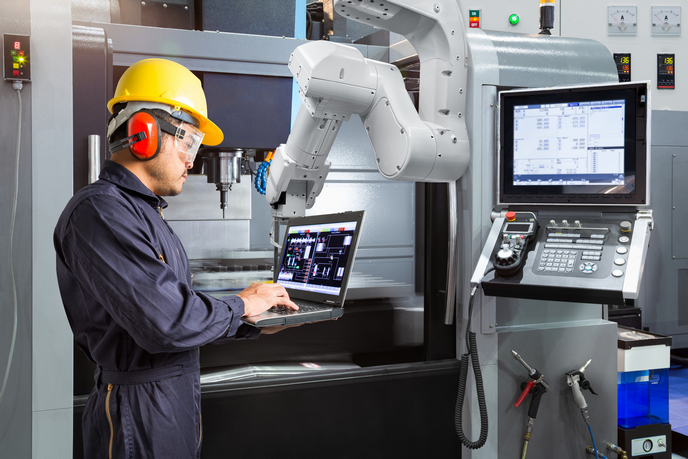Addressing industrial challenges with robotics innovations
Despite their capability to produce and deliver highly innovative technology solutions, SMEs may struggle to scale up their products and services, trapped in the so-called valley of death. Recognising the need to overcome this hurdle and bridge the gap between emerging innovation and commercialisation, the EU-funded ESMERA project is helping SMEs accelerate the transfer of their ideas to the market. Project partners have recently announced that the evaluation and selection process has been completed after ESMERA’s second open call that ended in December 2019. ESMERA has organised open calls asking for SMEs developing robotics technologies and proposing their innovative application ideas to the problems that already have a market. Through the second open call, 20 SMEs will receive funding and business support. “In Phase I of ESMERA, proving their concept, they get funding of up to 75.000 Euros each as well as technical support and business mentoring by the ESMERA consortium,” as noted in a news item on the project website.
Funding and support
The second open call’s ‘Guide for Applicants’ states: “The Open Call mechanism offers funding opportunities to small, focused projects (called experiments) with a duration of 18 months (split into two 9-month phases) and the maximum budget per experiment is 200,000€ (75,000€ for Phase I, and 125,000€ for Phase II).” These experiments involve SMEs, industrial end users and facilitators that help develop business cases and manage the complete chain from idea to marketable product. The 20 selected projects will have 9 months to prove their concept. The ESMERA consortium will provide funding, technical support, business mentoring and training to bring these experiments up to speed. “After the next nine months, external evaluators will review their progress and select the final experiments that will then proceed in Phase II, the final stage toward industrializing and commercializing the robotics product,” according to the same news item on the project website. The selected proposals are listed in an ESMERA public evaluation report.
Real-life challenges
The ESMERA (European SMEs Robotics Applications) project is scheduled to end in February 2022. It was set up to support EU SMEs in materialising, testing and promoting robotics technologies like nearly autonomous robots or human-robot collaboration, which are expected to be applied and demonstrated in real-world scenarios. The challenges addressed by ESMERA involve the needs of EU companies and end-user organisations in different sectors that employ processes that have not yet been partially or fully automated by robotics. The challenges cover the agriculture, construction, emergency response, energy, food processing, healthcare, manufacturing and retail sectors. The first open call that ended in November 2018 “has already brought to light five final experiments that already are in Phase II,” according to a news item on the project website. Project partners add that an agricultural experiment will follow within the coming months. For more information, please see: ESMERA project website
Keywords
ESMERA, robotics, innovation, SMEs



